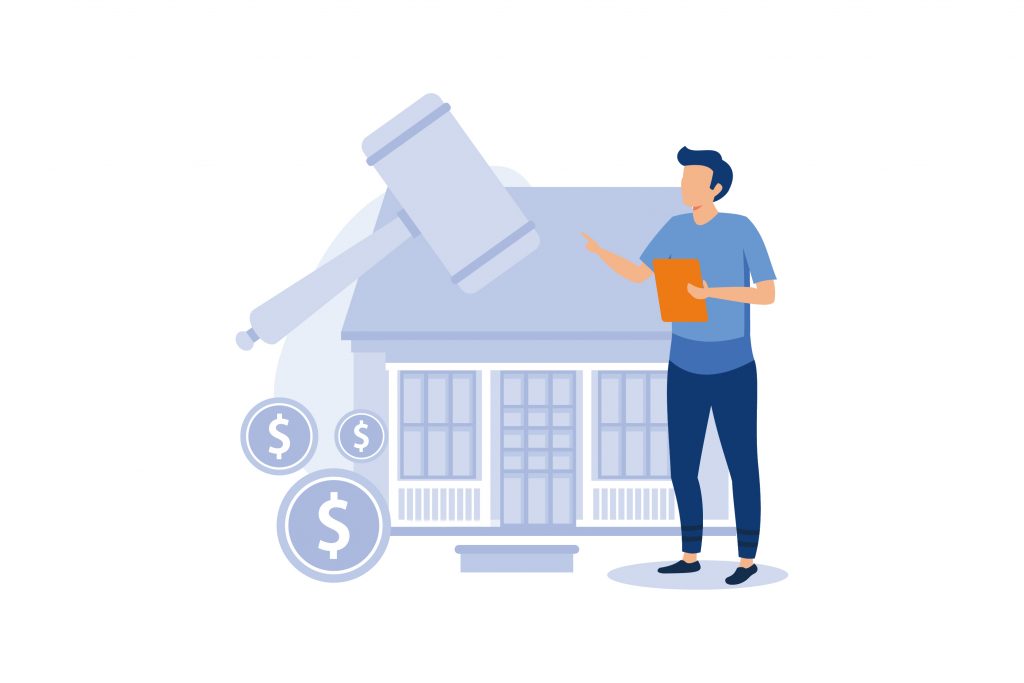TL;DR: Domain name auctions are a dynamic and essential part of the domain name ecosystem. They offer a platform for acquiring premium domain names, ensuring market-driven prices, and providing opportunities for both buyers and sellers. Whether you are a business looking to establish a strong online presence or an investor seeking profitable ventures, understanding the various types of domain name auctions and their benefits can help you navigate this exciting marketplace effectively.
What are Domain Name Auctions?
Domain name auctions are a marketplace where domain names are bought and sold to the highest bidder. These auctions offer a unique opportunity for individuals and businesses to acquire desirable domain names that are either already registered or are being resold by the current owner. The competitive nature of auctions can lead to domain names being sold for significantly higher prices than their initial registration fee, especially if the name is highly sought after.
Types of Domain Name Auctions
There are several types of domain name auctions, each with its own set of rules and dynamics:
- Expired Domain Auctions: When a domain name’s registration expires and the owner fails to renew it, the domain becomes available for auction. These auctions are a goldmine for buyers looking to acquire established domain names with existing traffic and backlinks.
- Backorder Auctions: Backordering is a service where a potential buyer expresses interest in a domain that is currently registered but might expire soon. If the domain becomes available, the backorder service attempts to acquire it for the buyer. If multiple parties have backordered the same domain, it goes to auction.
- Private Auctions: These are organized by individuals or companies looking to sell their domain names to the highest bidder. Private auctions can be conducted on various platforms, providing flexibility and often attracting serious buyers willing to pay a premium.
- Pre-release Auctions: Some registrars have agreements with auction houses to auction domains before they officially drop. This means that the domains are auctioned while they are still in the grace period, giving buyers a chance to acquire them before they become publicly available.
- Live Auctions: Conducted in real-time, live auctions can be either online or in physical venues. These auctions often feature high-value domain names and attract serious bidders who are willing to pay top dollar.
- Sealed Bid Auctions: In this type of auction, bidders submit their highest bid without knowing what others have bid. The highest bid wins the domain. This format can sometimes result in lower final prices compared to open bidding, as there is no opportunity to outbid competitors.
Benefits of Domain Name Auctions
Domain name auctions offer several advantages for both buyers and sellers:
- Access to Premium Domains: Auctions provide access to premium and high-quality domain names that may not be available through regular registration processes. This is particularly beneficial for businesses looking to establish a strong online presence with a memorable domain name.
- Market-Driven Prices: The auction format ensures that domain names are sold at their true market value. This competitive environment can lead to higher returns for sellers, especially if multiple bidders are interested in the same domain.
- Transparency: Auctions provide a transparent process for buying and selling domains. Bidders can see the competition and adjust their bids accordingly, ensuring a fair and open market.
- Opportunities for Investment: For domain investors, auctions offer a platform to acquire valuable domains that can be resold at a profit. With the right strategy, domain flipping can be a lucrative business.
- Immediate Ownership Transfer: Once a domain is won at auction, the transfer of ownership is typically swift, allowing the buyer to start using the domain almost immediately.
- Recovery of Valuable Assets: For sellers, auctions provide an opportunity to recover value from domain names that are no longer in use or are about to expire. This can be a way to liquidate assets and generate revenue.
